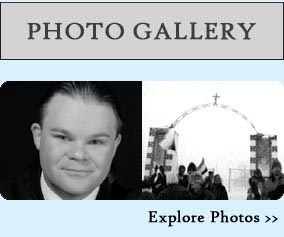THIS PAGE IS UNDER CONSTRUCTION.
COLLABORATION OPPORTUNITIES
I am always interested in collaboration opportunities with fellow scholars. To reach me about collaboration, please contact me.
BECOME A RESEARCH ASSISTANT
If you’re one of my students and are interested in gaining research experience, please click here and read this document to learn more about becoming a research assistant.


